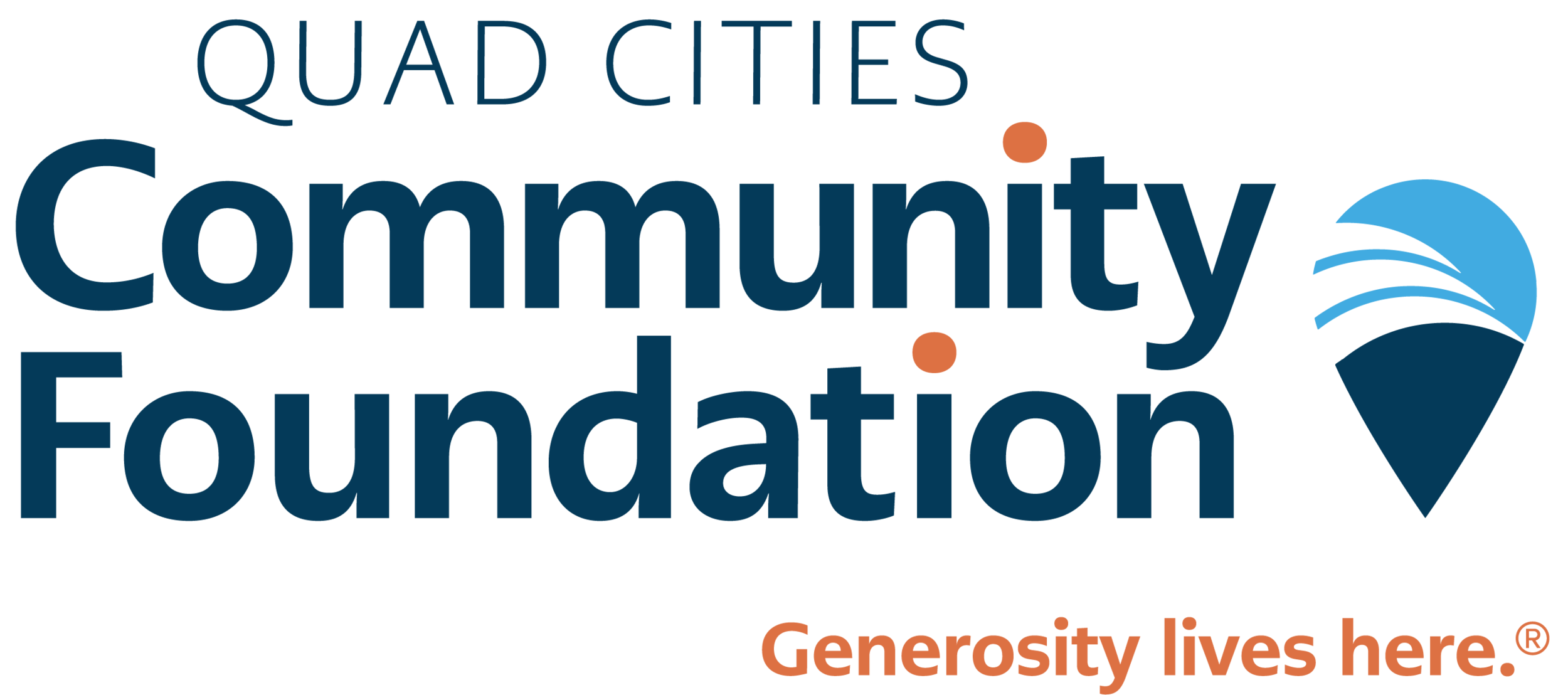Grant from Looser-Flake Foundation will help educate more students committed to teaching in rural communities
Scholarship will be available for students from Mercer County interested in earning a degree from Western Illinois University
A new teaching corps at Western Illinois University is poised to help solve the state’s widening teacher shortage by sending qualified, trained teachers to rural school districts in western Illinois. “We have a serious teacher shortage crisis in Illinois,” said Suzanne Woodward, director of development in the College of Education and Human Services & University Libraries at WIU. “Rural schools are experiencing a shortage in an even greater way than urban areas.”
Through WIU’s Great River Teacher Corps, students can now earn scholarships of up to $14,000 over their four years of college, with an additional $1,000 for use during a student’s senior project. The Looser-Flake Foundation, which is administered by the Quad Cities Community Foundation, is supporting the program with a grant designated for a student in the program from Mercer County.
The grant is a perfect fit for the Looser-Flake Foundation, which was started through a generous $6 million gift from Dorothy Looser-Flake and Roberta Looser to support Mercer County upon their passing. The two sisters were born and raised on a family farm near New Boston Township, Illinois. Dorothy was a fifth grade teacher in the Rock Island-Milan School District, and Roberta taught in both Mercer County and the Rock Island–Milan School District. The women were committed to furthering educational opportunities for students in the region.
“It’s so appropriate for us to celebrate their legacy through this program. This grant will have a huge impact on a student from Mercer County. Students take out more and more debt, and teachers aren’t making large salaries. This grant will help reduce their student loans upon graduation.”
“It’s so appropriate for us to celebrate their legacy through this program,” Woodward said. “This grant will have a huge impact on a student from Mercer County. Students take out more and more debt, and teachers aren’t making large salaries. This grant will help reduce their student loans upon graduation.”
Several of the students who have entered the program grew up in small towns and have a passion for teaching in rural communities. That passion will go a long way as they earn their teaching degrees before heading to rural schools in one of the 22 Illinois counties the program serves. Students in the program receive $2,000 a year in scholarship assistance in the Pre-Teacher Education Program and $4,000 a year once accepted into the Teacher Education Program.
Students also sign a contract agreeing to work in one of the designated rural districts in Illinois for three years following graduation. Almost 60 percent of school districts in Illinois are in rural. “Research shows that if a teacher stays at a school for three years, they are more likely to stay long-term,” Woodward said.
The teaching corps is gaining traction. It started with three students in the fall of 2018 and will have nearly a dozen students this fall.
The university is proud to be part of the solution for the state’s dwindling teacher pool. A larger statewide initiative to hire more teachers for Illinois schools has kicked off, backed by research that estimates between 20,000 to 24,000 new educators will be needed in Illinois in the next decade.
It’s also a boost to dwindling teacher preparation programs, which dropped in enrollment by 39 percent from 2000-2015, according to the university. The battle to draw more students to the teaching field is more challenging every year, Woodward said, but programs like WIU’s make her hopeful that qualified teachers who are provided incentives will end up doing a job they love in a community they love. “We really want to help these students to be the best of the best,” she said. “And when they become teachers, they can help support the community and encourage more students to go into the profession.”
Students in the teaching corps will be more than prepared to teach in rural communities upon graduation. “Western Illinois University produces excellent teachers,” Woodward said. “Our students are very prepared for the specific challenges they will encounter in the classroom and how to best teach these students.”
The program provides students with speakers, training, and projects specific to the needs and best practices for teaching students in rural communities.


